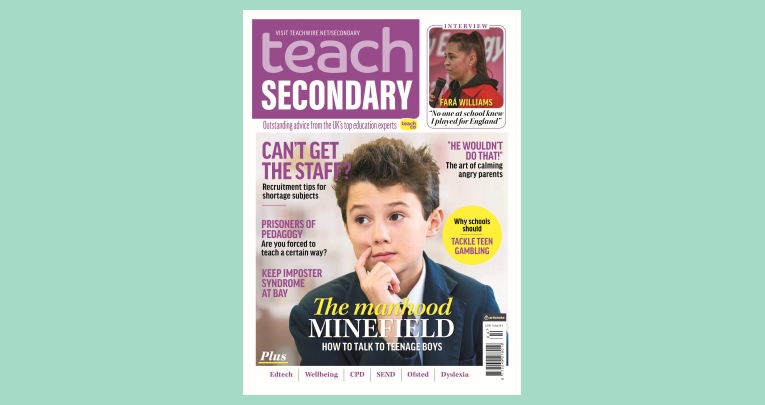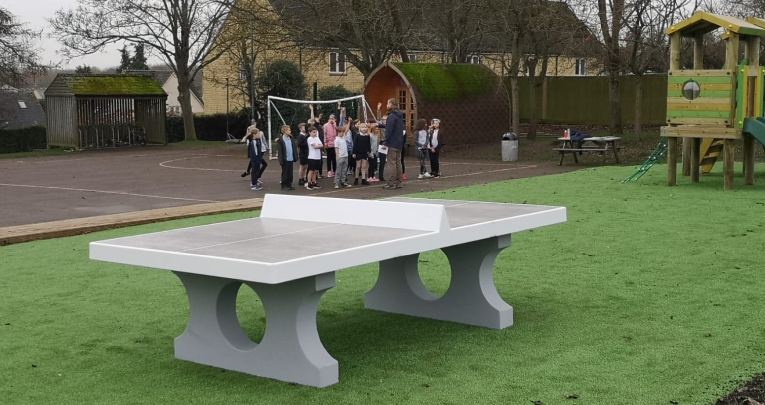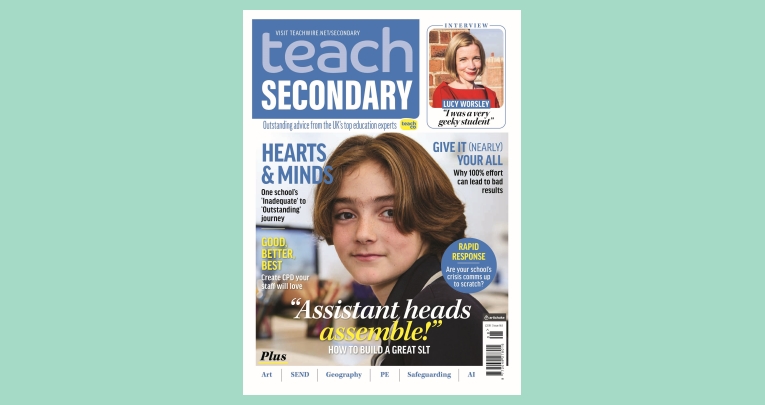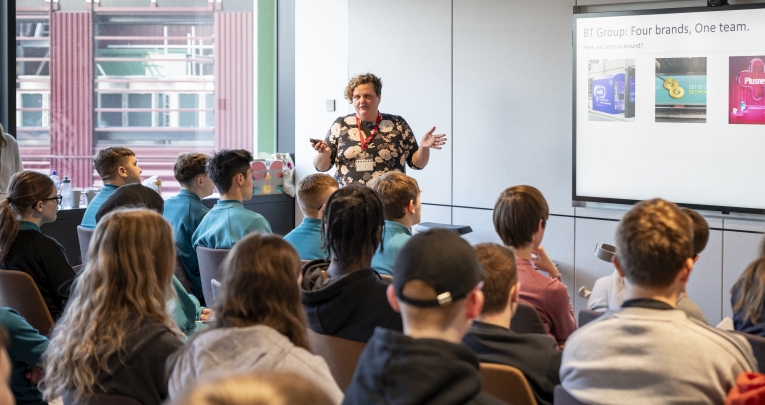Can we describe Adolescence as ‘era-defining’ television yet?
From the vantage point of May 2025 it certainly feels as though we can, what with its name-checking in dozens of newspaper op-eds and Keir Starmer’s demands for it to be shown in schools across the country (details on page 9).
In these restless, febrile times, we may well have put it out of our minds completely come December – but for now, at least, it seems to have succeeded in doing what the likes of Cathy Come Home and Boys From The Blackstuff did aeons ago, and what Mr Bates vs The Post Office managed last year – thrust an urgent, contemporary issue centre stage so that mainstream audiences start talking about it, to the extent that our most senior decision-makers feel compelled to pay attention.
Notwithstanding the evident craft with which Adolescence was put together, its subject matter – knife crime, the malign effects of smartphones on teenage brains and above all, incel culture – will have surely piqued the interest of almost every secondary school teacher and leader out there.
The concerns and challenges the series explores are ones that educators are wearily familiar with, but crucially, not parents. Amid the discourse surrounding Adolescence, one heartbreaking quote from its dialogue has emerged that pretty much encapsulates everything co-writers Jack Thorne and Stephen Graham seem to feel about the implications of granting teens unsupervised access to the unregulated internet: “We thought he was safe.”
“Society at large needs to take a long, hard look at what a completely unregulated media landscape has done to children’s and teenagers’ brains.”
For a number of years, I’ve been of the view that the days of allowing a relaxed, light-touch approach to monitoring juvenile access to Instagram, YouTube, WhatsApp and all the rest are surely numbered, and that a reckoning is due. It still seems unclear whether the imminent passage of the Children’s Wellbeing and Schools Bill will bring that about – but either way, society at large needs to take a long, hard look at what a completely unregulated media landscape has done to children’s and teenagers’ brains.
Many teachers through the years will have overheard kids excitedly discussing adult-oriented films and games they should have no business engaging with, that’s true – but that ‘problematic content’ was never produced with such a young audience in mind. What’s changed, is that those poisonous, YouTube-hosted dispatches from the manosphere and elsewhere very much are.
Once upon a time, a teen’s post-school media habits might have included a non-networked games console, possibly alongside an episode of Grange Hill, Neighbours and/or Hollyoaks. We can now measure in decades the period in which teens have been absorbing messaging at home crafted specifically for them, by bad actors, that actively and deliberately opposes the lessons they’re learning in school.
But for how much longer?
Enjoy the issue,
Callum Fauser – Editor
callum.fauser@theteachco.com










